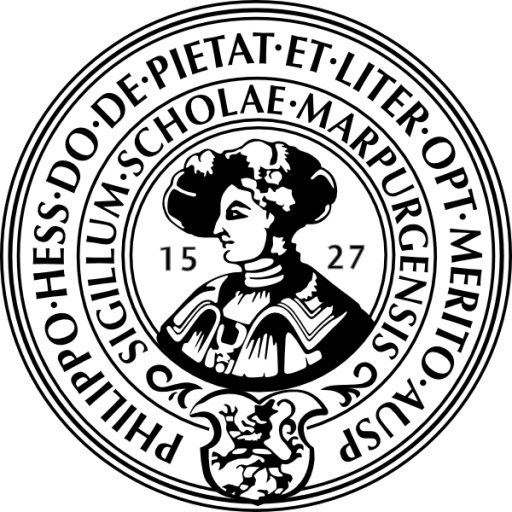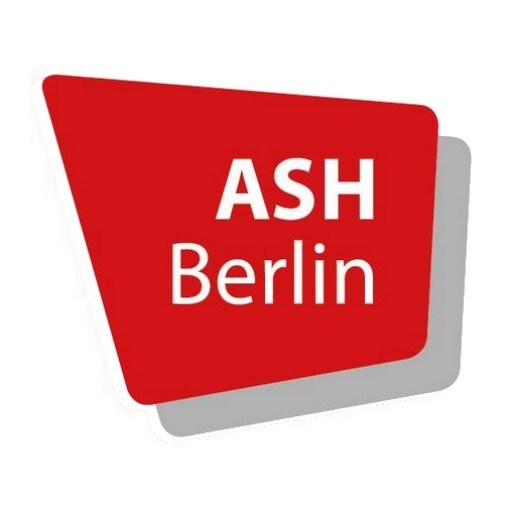Photos of university / #philippsunimarburg
Capacity Building in Peace and Conflict Studies (International Double Degree) at the University of Marburg offers students an interdisciplinary and comprehensive education in understanding, analyzing, and resolving conflicts worldwide. This program is designed for students who aspire to become experts in peacebuilding, conflict resolution, international diplomacy, and related fields. By engaging with a diverse curriculum that combines theoretical foundations with practical applications, students will develop critical skills necessary to address complex global issues related to violence, political instability, and social upheaval. The program fosters a deep understanding of the historical, cultural, political, and economic factors that underpin conflicts and peace processes. Students will have the opportunity to study in an international environment, collaborating with peers and faculty from different countries, which enriches their intercultural competence and global outlook. The curriculum covers a broad spectrum of topics including conflict analysis, negotiation and mediation techniques, international law, human rights, peacebuilding strategies, and post-conflict reconstruction. Throughout the course, students are encouraged to participate in workshops, seminars, and internships that bridge academic knowledge with practical experience. As part of the double degree structure, students will spend time studying at partner institutions abroad, gaining valuable perspectives and networks that are essential for a career in peace and conflict-related fields. Graduates of this program will be well-equipped to pursue careers in international organizations, governmental and non-governmental agencies, research institutions, or continue their academic pursuits with advanced research opportunities. The dynamic and engaging learning environment at the University of Marburg ensures that students are prepared to contribute effectively to global peace initiatives and conflict prevention efforts. This program upholds the university's commitment to fostering peace, justice, and sustainable development through education and research.
Study abroad unit(s)
Participants are allowed to study abroad for one semester of the programme.Internships
An internship of at least eight weeks is to be completed (for example) during the summer break between the second and third semesters. Programme advisers will assist students with finding an appropriate internship.Forms of assessment
Presentations, exams, tests and recordsCourse objectives
Students will be prepared for jobs in and for developing countries and transformation countries. Graduates will be able to work in the private sector, public service, non-profit-sector, international organisations or in science and research via a doctoral degree.Language requirements
Applicants must provide proof of their German and English skills and of another modern foreign language.German: DSH 2
English: B2 (CEFR)
other modern foreign language: B1 (CEFR)
Required DSH / TestDaF
YesAcademic requirements
Bachelor's degree (or equivalent) in Social Sciences, Economic Sciences or Political Science with at least 60 points (ECTS) in one of these disciplines and 12 ECTS in methods of economic OR political and social science.For details on our selection procedure have a look at: http://www.uni-marburg.de/studium/studgang/interfac/ids/bewerbung
Enrolment fees
The university charges a registration fee of 50 EUR and student union fees. State law requires all students to be members of the student union. These fees entitle students to subsidised accommodation as well as meals and automatically include a free travel pass for public transport in most of the state of Hesse. In summer 2016, the student union dues amounted to approx. 313 EUR.For further information, see: http://www.uni-marburg.de/studium/studsek/studienformalitaeten/dues-administrative-fee.
Costs of living
Living costs depend on individual lifestyles and on regional prices. The Marburg foreigners' registration office ("Ausländerbehörde") requires international students to prove that they have at least 600-700 EUR per month at their disposal in order to cover their living costs.For further information, see: http://www.uni-marburg.de/studium-en/zas-en/finanzierung/index_html.
Job opportunities
Within certain legal limits, job opportunities are available for international students. Fluent German is required for most jobs. Employment for international students must be approved by the foreigners' registration office. There are hardly any legal restrictions on taking academic assistant jobs at the university.For further information on job opportunities and university career services, see: http://www.uni-marburg.de/studium-en/zas-en/finanzierung/Jobs.
Funding opportunities within the university
https://www.uni-marburg.de/studium/campusleben/dstipendium
Arrival support
Marburg is located 100 km north of Frankfurt and can easily be reached by plane, public transport, or by car. For detailed descriptions of the different routes to Marburg and to find one's way around the town, see: http://www.uni-marburg.de/studium-en/zas-en/arrivemr.Services and support for international students
Philipps-Universität Marburg offers an intensive one-week welcome and orientation programme for all new international students. It includes a variety of services such as practical help with authorities, setting up health insurance, and opening a bank account. It also includes cultural and social events and the opportunity to make initial contacts with fellow students. The second week is usually dedicated to orientation programmes organised by the faculties.Special services for doctoral candidates are provided by Marburg University Research Academy (MARA).
For further information, see:
http://www.uni-marburg.de/international-en/incoming?language_sync=1
http://www.uni-marburg.de/international-en/incoming/stud/prac/orient/index_html?set_language=en
Accommodation
The situation on the accommodation market in Marburg is not easy. However, the university assists international students in finding suitable and affordable accommodation.The Studentenwerk Marburg maintains 20 student residence halls with a total of 2,049 units. Apart from single rooms, there are 129 flats with two to three rooms for married couples. Only students registered at Philipps-Universität Marburg are entitled to a place in a residence hall. The Konrad Biesalski House, in which handicapped and non-handicapped students live together, offers round-the-clock assistance. There is a bus service and other services such as physiotherapeutic exercises and massage baths.
Many students live in private accommodation or shared flats. The supply of flats in the centre of Marburg is limited, especially in the Oberstadt, but the situation on the outskirts of Marburg and in the immediate vicinity is better. There are good bus connections (bus timetables are available in the Customer Centres of the Municipal Department of Works on Rudolphsplatz). Experience shows that demand is highest on the accommodation market at the beginning of each semester (April, October), so you should start looking for accommodation around the end of the previous semester (February, July) if possible.
For further information, see: http://www.uni-marburg.de/studium-en/zas-en/livinginmr/accommodation.





